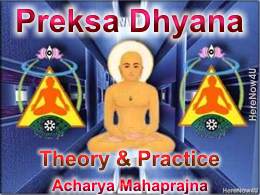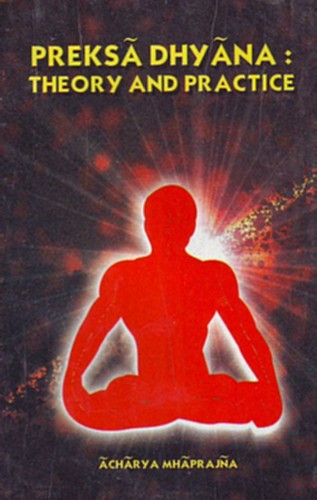
Mind is not the intrinsic level of consciousness. Our instincts and impulses, such as anger, conceit, jealousy and greed constitute the intrinsic level of consciousness. Ill health emanates from there. Our character also emanates from there; it does not emanate from the brain Character emanates from instincts and the latter emanates from the endocrines, which are not located in the brain.
So far, brain was believed to be the seat of impulses and was the most important organ. Similarly, heart and kidneys were also believed to be vitally important organs. But recent advancement and research has proved that the most important organs of our body are ductless glands - endocrines. Impulses, urges and evil behaviour are all expression of the endocrines. The vitiated and distorted tendencies of man cannot be purified unless one modifies and transmutes the endocrine production. Goodness of character and honesty cannot be achieved and psychological distortion cannot be eradicated without influencing the endocrine system. The tool for achieving inner harmony is transmutation of hormone-secretion and not preaching. This fact has been proved by experience [1] and applies to 95% of people. Only a very few who have developed higher level of consciousness could be an exception to the rule that to establish and enhance moral value, transmutation of the endocrine output is essential.
| [1] |
 Acharya Mahaprajna
Acharya Mahaprajna

